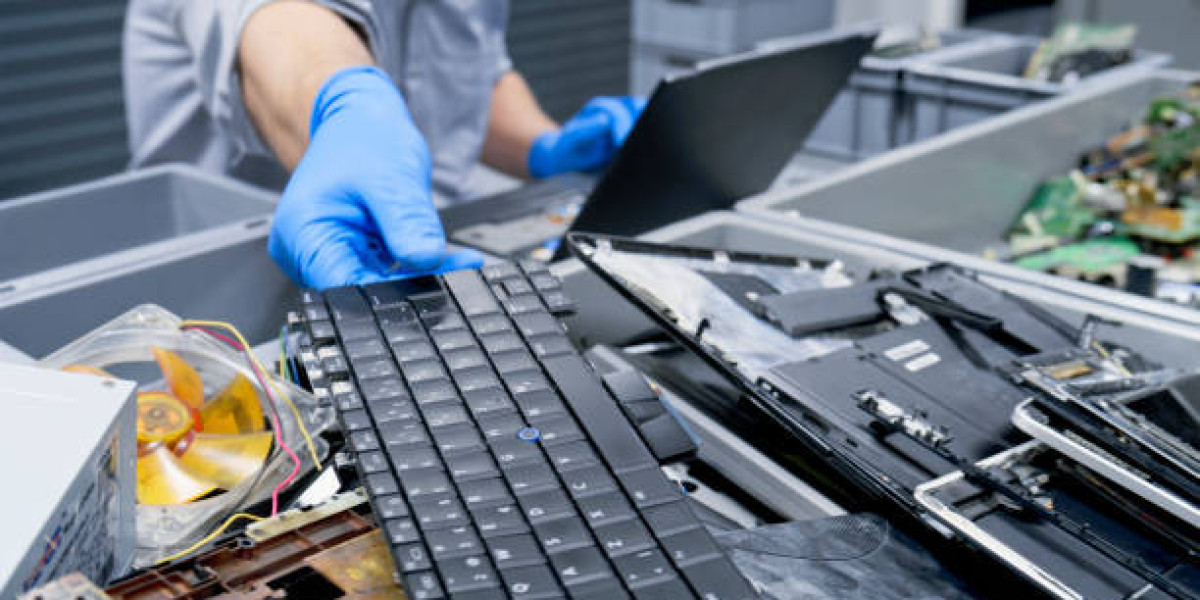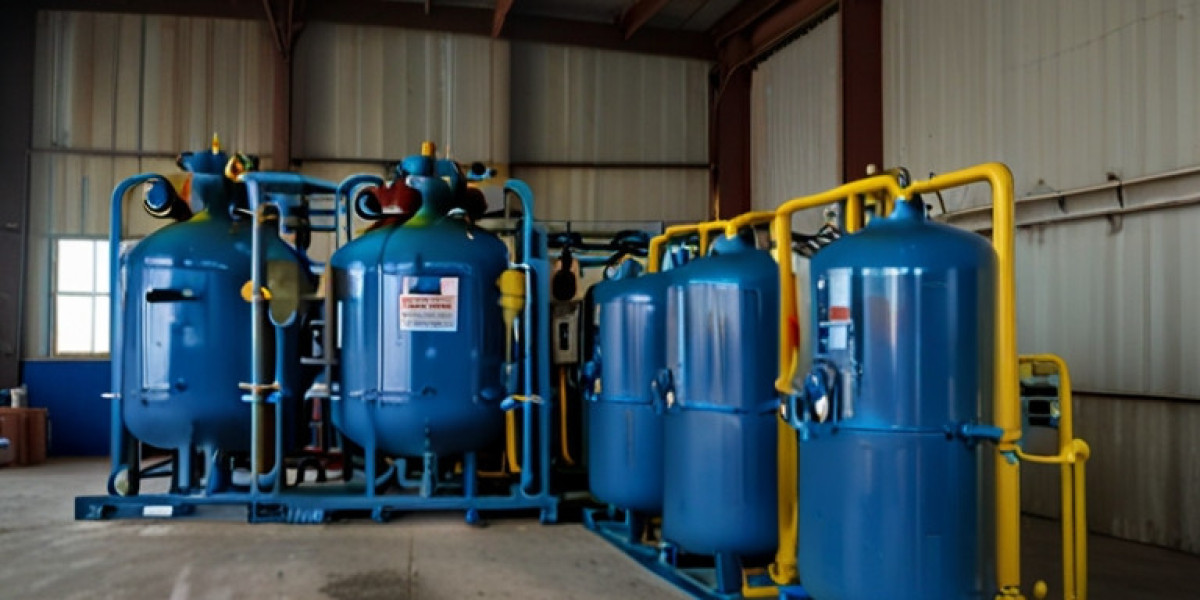In the digital age, data security is a top priority for both individuals and organizations. When it comes to disposing of old or obsolete hard drives, a hard drive destruction service provides a crucial layer of protection. This article explores why hard drive destruction is necessary and the benefits of utilizing a professional destruction service.
What is a Hard Drive Destruction Service?
A hard drive destruction service specializes in the secure destruction of hard drives to prevent unauthorized access to sensitive information. Unlike simple data deletion or formatting, which can leave data vulnerable to recovery, professional hard drive destruction ensures that data is irretrievably destroyed. This service is essential for those looking to protect their personal or business information from potential breaches.
Why Use a Hard Drive Destruction Service?
Uncompromised Data Security
The most compelling reason for choosing a hard drive destruction service is the need for uncompromised data security. Hard drives often store sensitive information, including personal details, financial records, and confidential business data. If these drives are not destroyed properly, data can be recovered by malicious individuals, leading to identity theft or corporate espionage. A hard drive destruction service guarantees that all data is completely and permanently destroyed.
Compliance with Data Protection Laws
Many industries are subject to stringent data protection regulations that require secure disposal of electronic media. Regulations such as the GDPR in Europe and the CCPA in California mandate that personal data must be protected and securely destroyed when it is no longer needed. Utilizing a hard drive destruction service helps ensure compliance with these regulations, reducing the risk of legal penalties and protecting your organization’s reputation.
Environmental Responsibility
Electronic waste, including hard drives, contains hazardous materials that can be harmful to the environment if not disposed of properly. Many hard drive destruction services follow environmentally responsible practices, including recycling components and safely handling toxic substances. This ensures that the destruction of hard drives is not only secure but also minimizes the ecological impact.
The Hard Drive Destruction Process
Secure Collection
The destruction process begins with the secure collection of hard drives. Professional services handle the transportation of drives from your location to a destruction facility with the highest level of security to prevent any data breaches during transit.
Effective Destruction Techniques
Upon arrival at the destruction facility, hard drives undergo physical destruction using various methods. Common techniques include shredding, which cuts the drives into small, unreadable pieces, and crushing, which deforms the drives to make data recovery impossible. Additionally, degaussing may be used to disrupt magnetic fields on the hard drive, ensuring data cannot be retrieved. Each method is designed to ensure that data cannot be reconstructed or accessed.
Certification and Reporting
After the destruction of hard drives, a certificate of destruction is issued. This document provides proof that the hard drives were destroyed in accordance with industry standards and confirms that no data can be recovered. It serves as official documentation for compliance purposes and offers peace of mind that your data has been securely disposed of.
Conclusion
A hard drive destruction service is a vital component of modern data security and environmental stewardship. It ensures that sensitive information is completely and irreversibly destroyed, helps organizations comply with legal requirements, and supports responsible electronic waste disposal. By opting for a professional hard drive destruction service, you can safeguard your data, adhere to regulatory standards, and contribute to a more sustainable environment.



